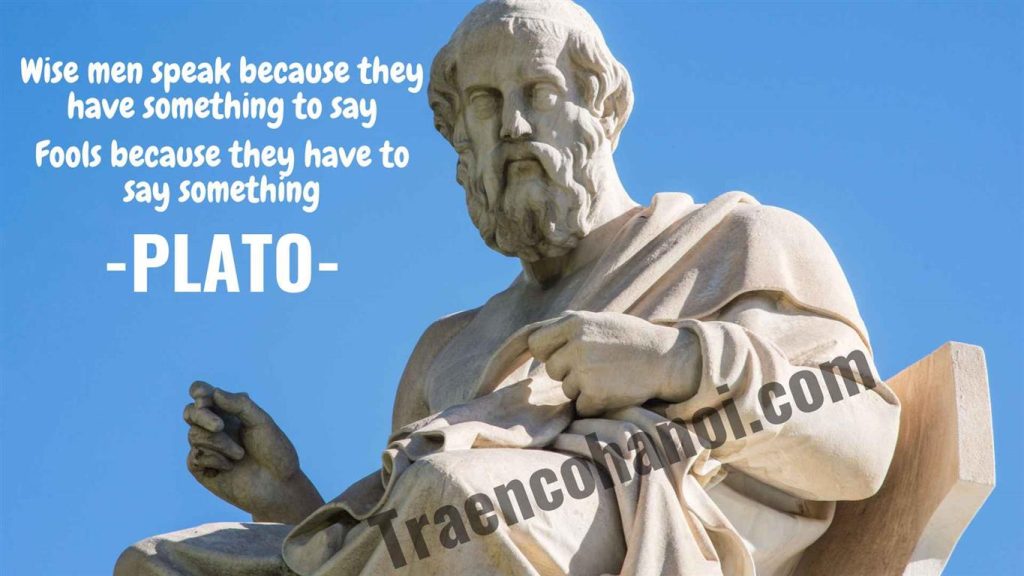
plato
Introduction Plato
Plato, a name synonymous with Western philosophy, was more than just a thinker; he was a visionary who laid down the foundational blocks of philosophical inquiry. Born around 428/427 BC in Athens, Greece, he was a pupil of Socrates and the teacher of Aristotle, making him a crucial bridge in the intellectual lineage of ancient thought.
Early Life and Background
Born into an aristocratic Athenian family, Plato had the privilege of an extensive education. He was well-versed in poetry, music, gymnastics, and philosophy. As a young man, philosophers Plato had political ambitions, but the turbulent politics of Athens and the execution of his teacher, Socrates, disillusioned him. These events deeply influenced Plato’s philosophical pursuits and critiques of Athenian democracy.
The Academy
In around 387 BC, Plato founded the Academy in Athens, one of the earliest institutions of higher learning in the Western world. Here, Plato taught his philosophy and nurtured a community of thinkers, including his most famous student, Aristotle. The Academy’s intellectual contributions spanned many centuries, only closing in 529 AD by Byzantine Emperor Justinian I.
Philosophical Contributions
- Allegory of the Cave: In his work, “The Republic”, Plato presents the allegory of the cave, illustrating the difference between the world of appearances and the real world of ideas. It’s a metaphor for enlightenment and the pursuit of knowledge.
- Philosopher-Kings: Plato believed that societies would only flourish if they were ruled by Philosopher-Kings — those who have achieved deep understanding.
Plato Works
Plato’s writings are predominantly dialogues where characters discuss philosophical issues, and his mentor, Socrates, often plays the leading role.
- The Republic: A dialogue concerning justice and the order and character of the ideal city-state.
- Phaedrus: Discussing love and the art of rhetoric.
- Meno: An exploration of virtue and whether it can be taught.
- Phaedo: A contemplation on the soul and the concept of an afterlife.
Legacy
Beyond the confines of his Academy, Plato’s influence spread far and wide, shaping the course of Western philosophy. Christian theology saw a convergence with Platonic thought, especially through the works of early Christian philosophers like Augustine. Even in the Renaissance, Platonic ideas experienced a revival, inspiring a new generation of thinkers.
Moreover, in modern philosophy and even science, traces of Plato’s ideas persist. His belief in a reality beyond the observable universe resonates with certain interpretations of quantum physics.
Conclusion Plato
Plato, with his probing questions about existence, knowledge, and morality, has left an indelible mark on human thought. His unwavering belief in a world beyond the tangible has invited both admiration and criticism. But, undeniably, Plato’s commitment to the life of the mind, his faith in reason, and his explorations into the nature of truth and justice have made him a pillar of philosophical thought. Today, as we navigate the complexities of the modern world, Plato’s writings continue to offer profound insights into the eternal questions of life, reminding us of the virtues of contemplation and critical inquiry.







